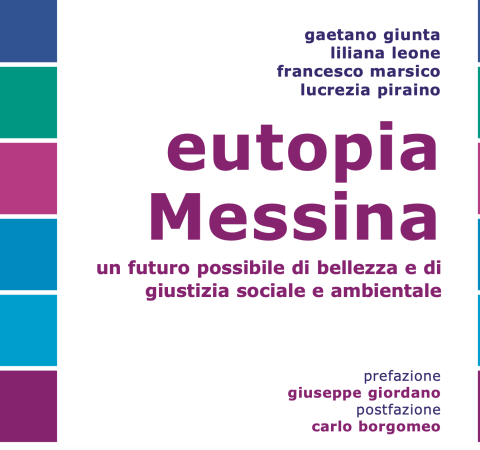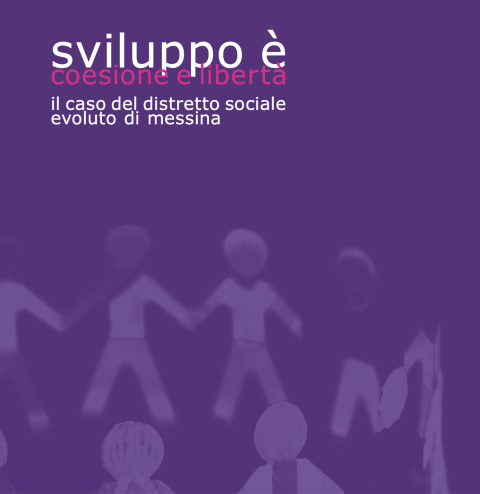Cities have a growing role to play in ensuring environmental transition while addressing issues of social inclusion and social sustainability. The aim of this study was to evaluate a multi dimensional policy of the city of Messina, in southern Italy, aimed at experimenting a sustainable model of urban regeneration to overcome its shantytowns after the 1908 earthquake
This study aimed to evaluate the impacts of a pilot project concerning the closure of a Forensic Psychiatric Hospital (OPG), inspired by the Human Development Theory and the Capability Approach.
The dismantling of the OPG in Barcellona Pozzo di Gotto (Sicily Region, Italy) began in 2010 with the pilot project Luce è Libertà and was completed in 2017. With the closure of six OPGs, Italy officially became the first country in the world to fully dismantle such institutions. Following their closure, several critical issues emerged, and the public debate shifted to the development of small-scale facilities and Residences for the Execution of Security Measures (REMS). However, few studies have provided empirical results concerning the cohort of patients discharged from OPGs.
Social housing and urban regeneration policies have assumed an increasingly important role on the Italian political agenda, identifying third-sector bodies as indispensable partners. The article presents the case of a systemic urban regeneration and anti-poverty intervention implemented in the city of Messina with the Capacity project, thanks to co-programming processes between local authorities and the third sector in which the Messina Community Foundation played a central governance role. The multidimensional policy adopted by Capacity (including technical and financial services, technological innovation, social mediation, etc.), in line with the Capability Approach (Sen, 2000), aimed at generating alternatives on the most important aspects of people’s lives (living, work/income, sociality, knowledge) and expanding the inhabitants’ substantial freedom of choice, while respecting environmental sustainability criteria.
(FULL ARTICLE IN ITALIAN ONLY)
UNDP (through the ART Initiative) has analysed 6 case-studies that are exemplary of the Italian approach to social economy and territorial cohesion as drivers for SDG localization, which can potentially inspire similar practices and showcase replicable models in other countries. One of the case-study is the MeSSInA Foundation, as it “offers an interesting model of community foundation. In fact, in order to guarantee the sustainability of its human development policy, it invests in productive economies with a constant entrepreneurial mindset in order to catalyse and promote self-sustaining systems and, therefore, multiplying its sustainability effect and social and economic impact”. The attached documents are the result of such analysis and include a policy Guideline which explains how to support and promote the setting up of the organizational model of a community foundation in order to promote a sustainable local development strategy, based on the experience of the MeSSInA Foundation.
This article presents a new semi-quantitative method for modeling landscape assessment using a fuzzy analysis approach.
The main objective of this research is to evaluate the landscape impact of the Kobold prototype in the Strait of Messina.
The Kobold turbine, patented in 1998, is a prototype designed to extract energy from marine currents through a vertical-axis turbine.
The installation site is located very close to Ganzirri (Italy), in the Strait of Messina, near the Sicilian coast, at a distance of approximately 150–200 meters from the shoreline.
The results allow us to affirm that the measurement of landscape impact was highly successful. In fact, the fuzzy variable representing the impact is 98% below the tolerance threshold.




